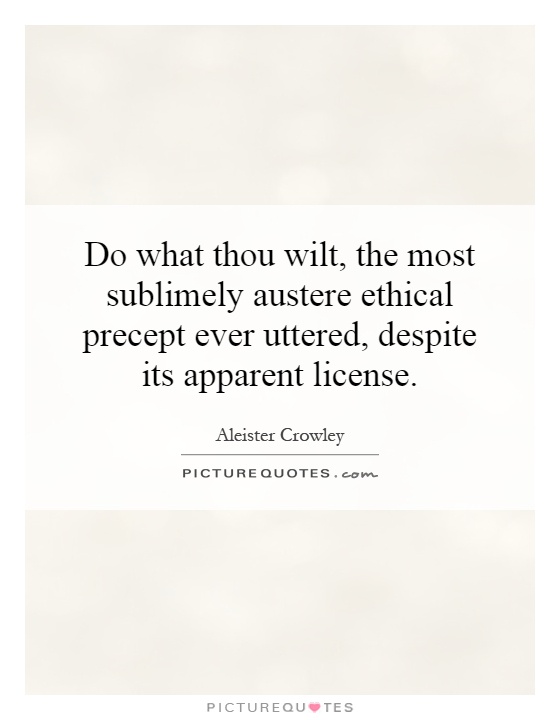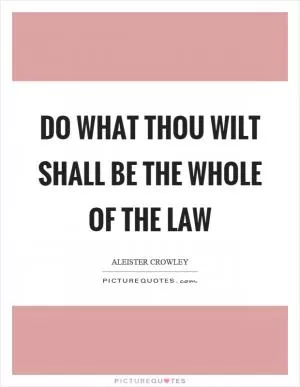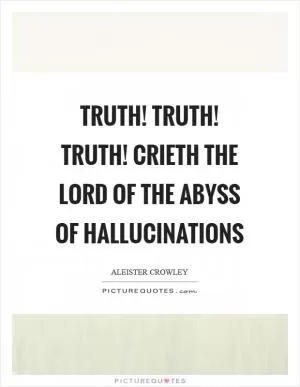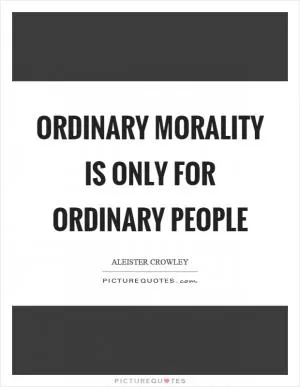Do what thou wilt, the most sublimely austere ethical precept ever uttered, despite its apparent license

Do what thou wilt, the most sublimely austere ethical precept ever uttered, despite its apparent license
The phrase "Do what thou wilt" is often attributed to the English occultist Aleister Crowley, who popularized it as a central tenet of his philosophy known as Thelema. At first glance, this statement may seem to promote a sense of reckless abandon and moral relativism, suggesting that individuals are free to act in any way they please without regard for the consequences. However, when examined more closely, it becomes clear that this ethical precept is far more complex and nuanced than it may initially appear.The phrase "Do what thou wilt" is often misunderstood as a call to indulge in hedonistic pleasures or selfish desires. In reality, Crowley intended it to be a directive for individuals to discover and fulfill their true purpose or will in life. This concept of will is not to be confused with mere whims or passing desires, but rather refers to a deeper, more profound sense of purpose and destiny that each person is meant to fulfill. By following their true will, individuals are able to align themselves with the divine order of the universe and achieve a state of harmony and fulfillment.












 Friendship Quotes
Friendship Quotes Love Quotes
Love Quotes Life Quotes
Life Quotes Funny Quotes
Funny Quotes Motivational Quotes
Motivational Quotes Inspirational Quotes
Inspirational Quotes